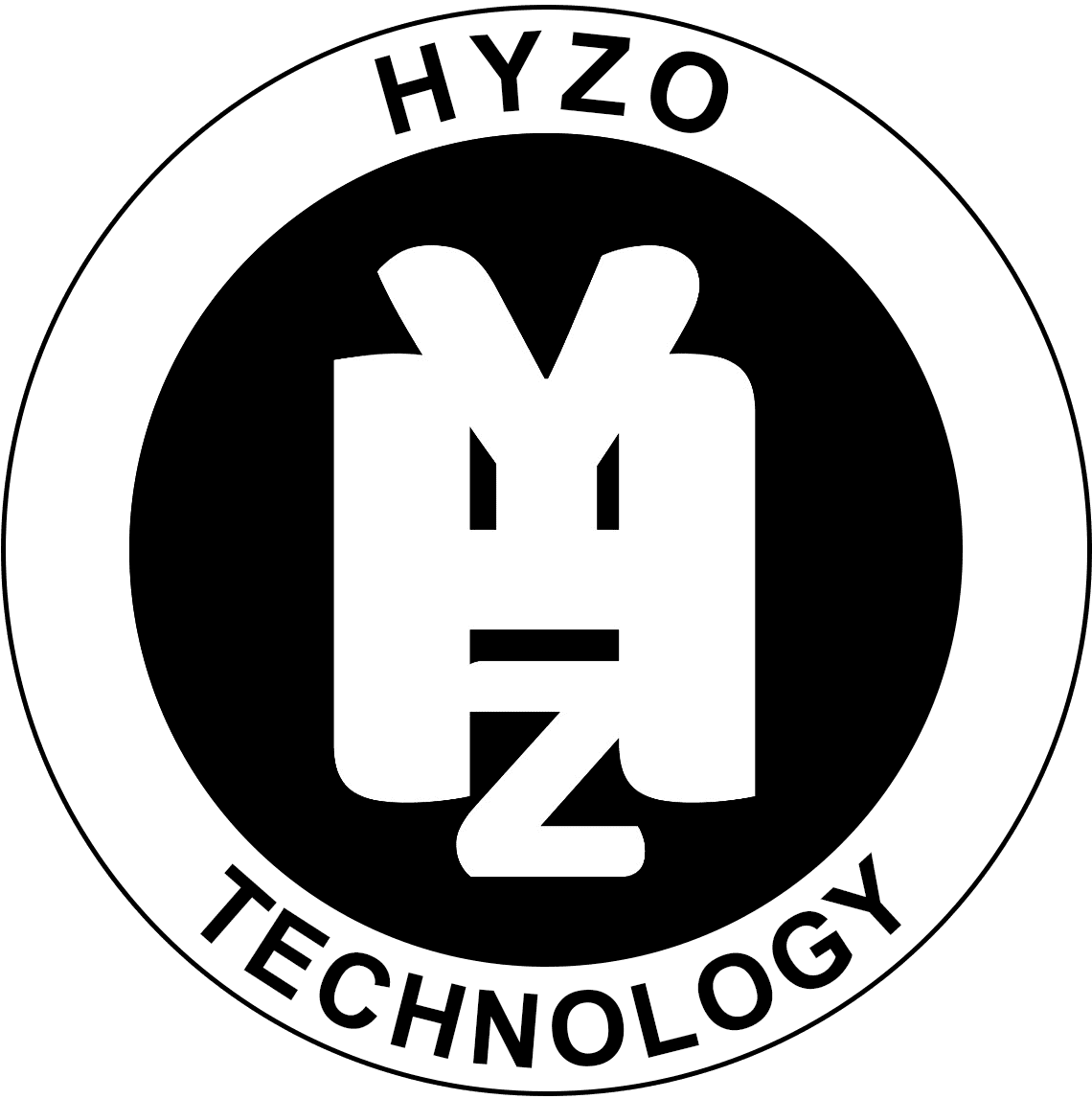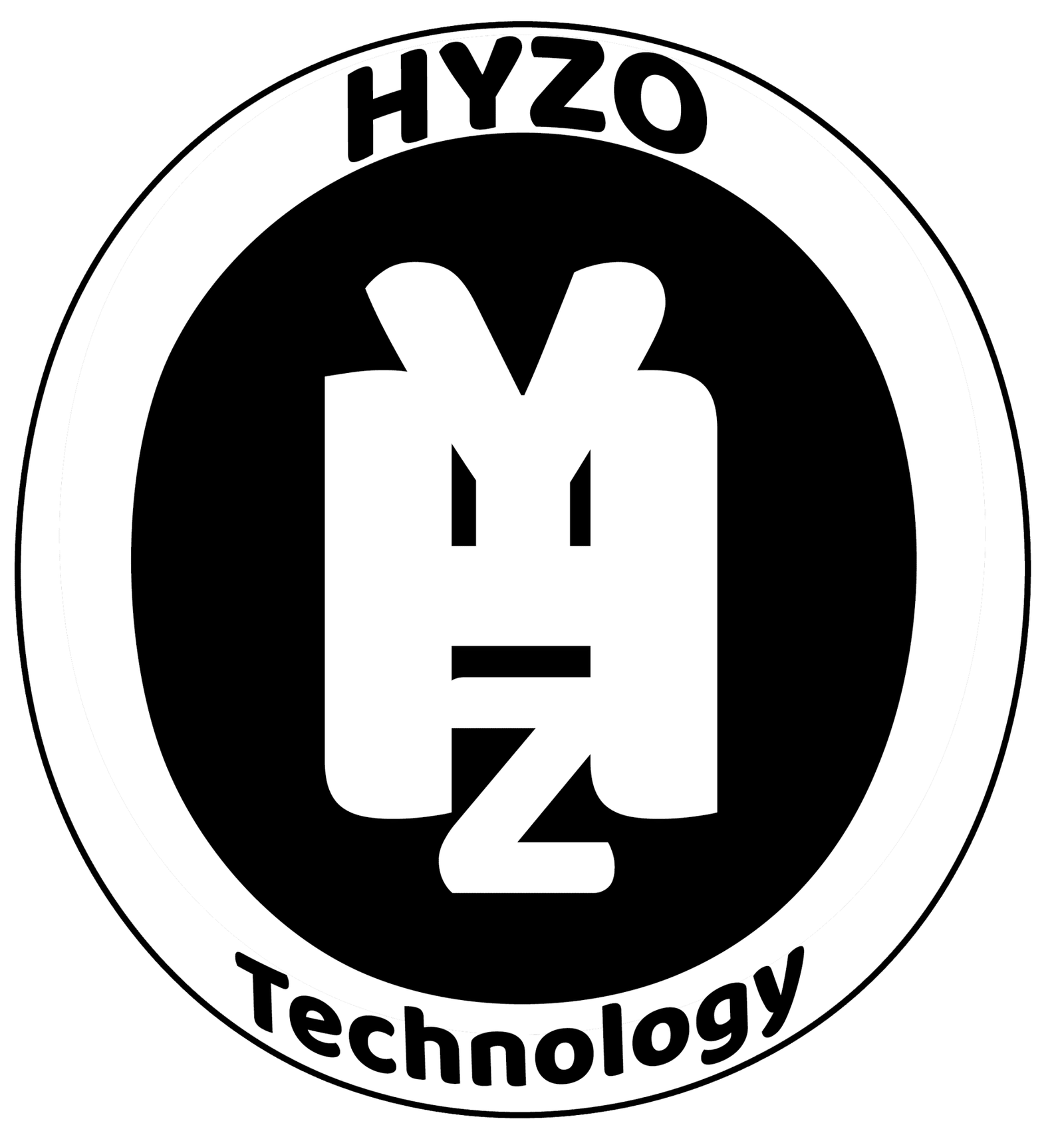In the modern global marketplace, product labels are much more than just decorative elements on packaging. They serve as critical tools for communication between manufacturers and consumers, conveying essential information about the product, its brand, origin, and safety standards. Labels are one of the most effective marketing strategies that businesses use to influence purchasing decisions, build trust, and connect with customers worldwide.
From food and beverages to electronics, fashion, personal care products, and even automotive industries, product labels are omnipresent. They inform consumers, establish brand identity, and ensure compliance with government regulations. This article will explore the importance of product labels globally, their role in marketing and consumer decisions, and their examples across industries.
What are Product Labels?
A product label is a piece of paper, plastic, or other materials attached to a product’s packaging or the product itself. These labels typically contain critical information about the product, the company, its origin, ingredients, instructions for use, expiration dates, certifications, and other information relevant to consumers.
Product labels can vary in size, style, and purpose, depending on the type of product and market requirements. They are often designed to align with branding strategies and make products visually appealing and easy to identify.
The Role of Product Labels in the Global Market
Product labels have multifaceted roles in the modern marketplace. They are not merely about aesthetics or design but contribute to the functionality, marketing, branding, and compliance of a product. Their global importance can be broken down into several key roles:
1. Providing Essential Product Information
Product labels are critical tools that communicate essential information to consumers. They include:
- Ingredients: Especially relevant for food, beverages, personal care, or pharmaceutical products.
- Instructions for Use: How consumers should use the product safely and effectively.
- Expiration Dates: For perishable goods and health-related products, expiration dates ensure the safety of use.
- Storage Instructions: These ensure the product maintains its quality during use.
Example: Food labels provide calorie counts, ingredients, allergens, and storage instructions to ensure consumers make informed and safe choices. A consumer with nut allergies can look at these labels to avoid health risks.
2. Building Brand Identity and Loyalty
Labels are a key part of brand marketing. They serve as the first interaction a consumer has with a product, showcasing a company’s branding strategy through design, colors, and logos. Well-designed labels influence brand recognition and consumer loyalty by presenting the product in a professional and trustworthy way.
Example: Coca-Cola’s iconic red and white design with its stylized font is instantly recognizable on soda cans and bottles worldwide. The consistent design of Coca-Cola’s label has become synonymous with happiness, refreshment, and brand history.
3. Establishing Trust and Credibility
Labels build trust between brands and consumers. By including information like certifications (e.g., organic, fair-trade, or non-GMO), companies assure consumers that their products meet specific quality, health, or ethical standards.
Example: A “USDA Organic” label on food products assures consumers that the food has been produced without synthetic pesticides or genetically modified organisms, thus establishing credibility and transparency.
4. Influencing Consumer Behavior
Labels are a powerful marketing tool. Many consumers rely on labels to make purchasing decisions by signaling promotions, brand reputation, product value, and unique selling points (USPs). A well-placed design or offer on a label can persuade consumers to choose one product over another.
Example: A “limited edition” label on a snack package can trigger consumer urgency and prompt impulsive buying behaviors.
5. Compliance with Government Regulations
Most countries have strict labeling requirements to ensure consumer safety and transparency. Product labels must comply with these laws to prevent misleading information and ensure consumer protection. These requirements may include listing ingredients, health warnings, nutritional facts, and other information.
Example: Cigarette packages feature clear warning labels (e.g., “Smoking Kills”) in many countries to comply with public health laws and reduce the risks associated with smoking.
Examples of the Importance of Product Labels Across Industries
Product labels are universal tools found in virtually every industry worldwide. They help companies communicate brand value, information, and marketing messages while ensuring consumer health and safety. Here are some examples of how product labels play a vital role in different industries:
1. Food and Beverage Industry
Labels in the food and beverage industry communicate everything from ingredients to health benefits and portion sizes. They also show compliance with food safety standards.
Examples:
- Nutrition Facts Labels: These labels inform consumers about calories, sugars, fats, and other nutritional information.
- Allergy Information: Labels list potential allergens to prevent life-threatening health issues.
- Brand Identity: Iconic brands like Nutella use visually appealing labels to maintain brand consistency and consumer recognition.
Real-World Example: A consumer buys a cereal box labeled with “100% Whole Grain” and “No Artificial Preservatives,” trusting that the product aligns with their health and wellness goals.
2. Personal Care and Beauty Products
In the personal care industry, labels inform consumers about ingredients, usage, and product benefits. They also act as brand ambassadors, projecting a company’s image.
Examples:
- A shampoo bottle label might include information like “sulfate-free,” “hydrating formula,” or “safe for color-treated hair,” influencing consumers’ choices.
Real-World Example: A brand like Dove emphasizes natural ingredients and ethical production through its labels, which promote trustworthiness and corporate responsibility.
3. Electronics Industry
In the electronics market, labels provide crucial details about the product, such as specifications, warranty information, origin, and safety warnings.
Examples:
- Labels on electronic gadgets contain technical specifications like battery life, memory capacity, and compatibility.
- CE marks or safety certifications ensure that electronic devices meet international standards.
Real-World Example: Apple’s product packaging and labels incorporate design and functional clarity, showcasing both sophistication and reliability.
4. Fashion and Apparel Industry
Labels on clothing and fashion products inform consumers about size, fabric composition, washing instructions, and brand identity. They are an integral part of quality assurance and style representation.
Example: A label that says “100% Organic Cotton” not only highlights sustainability but also aligns the brand with environmentally conscious consumers.
5. Automotive Industry
Labels in the automotive sector provide information about vehicle safety, manufacturing standards, and technical specifications. They are crucial for ensuring vehicle transparency, reliability, and safety.
Example: Car labels indicate information such as fuel efficiency ratings, model type, and safety certification marks.
Conclusion
Product labels are far more than mere stickers or designs on packaging. They communicate essential information, build trust and transparency, influence consumer choices, and reinforce brand identity. From food and beverages to electronics, fashion, personal care, and automotive, labels are critical tools for connecting companies to their customers.
As consumers become increasingly health-conscious and environmentally aware, labels must evolve to meet these demands by providing transparency, ethical choices, and sustainability. They are not just passive pieces of information but dynamic tools driving consumer behavior, sustainability, and global commerce.
Product labels are essential for a healthier, more transparent, and consumer-focused market. They tell stories, build brands, and foster trust between producers and consumers.

